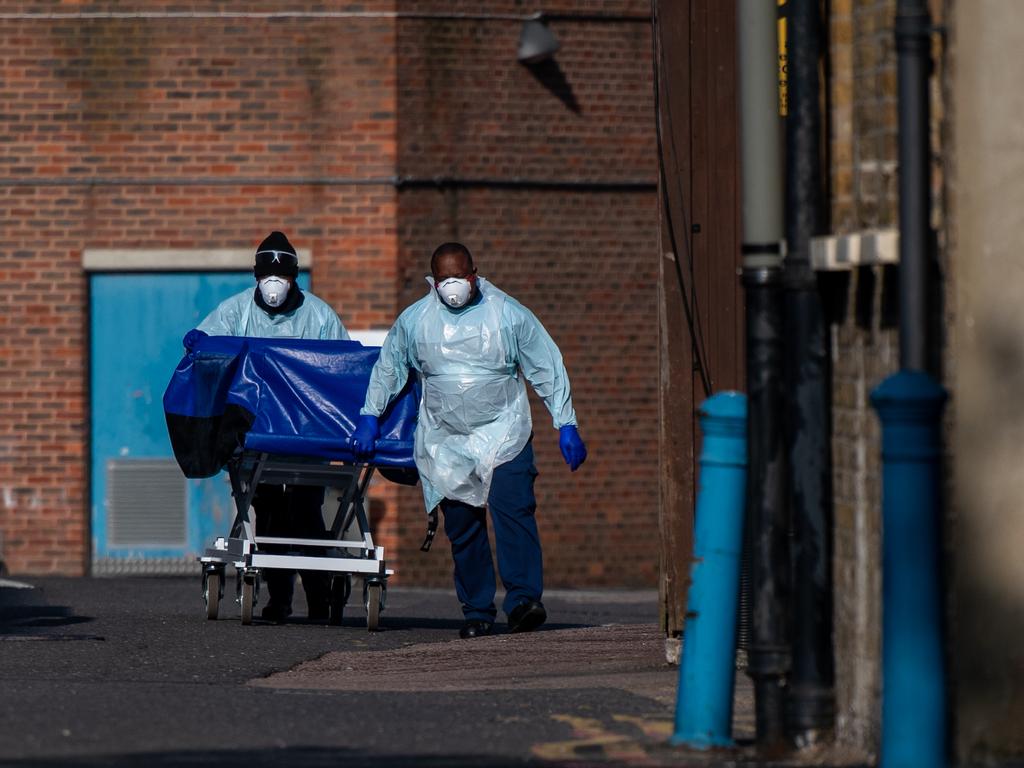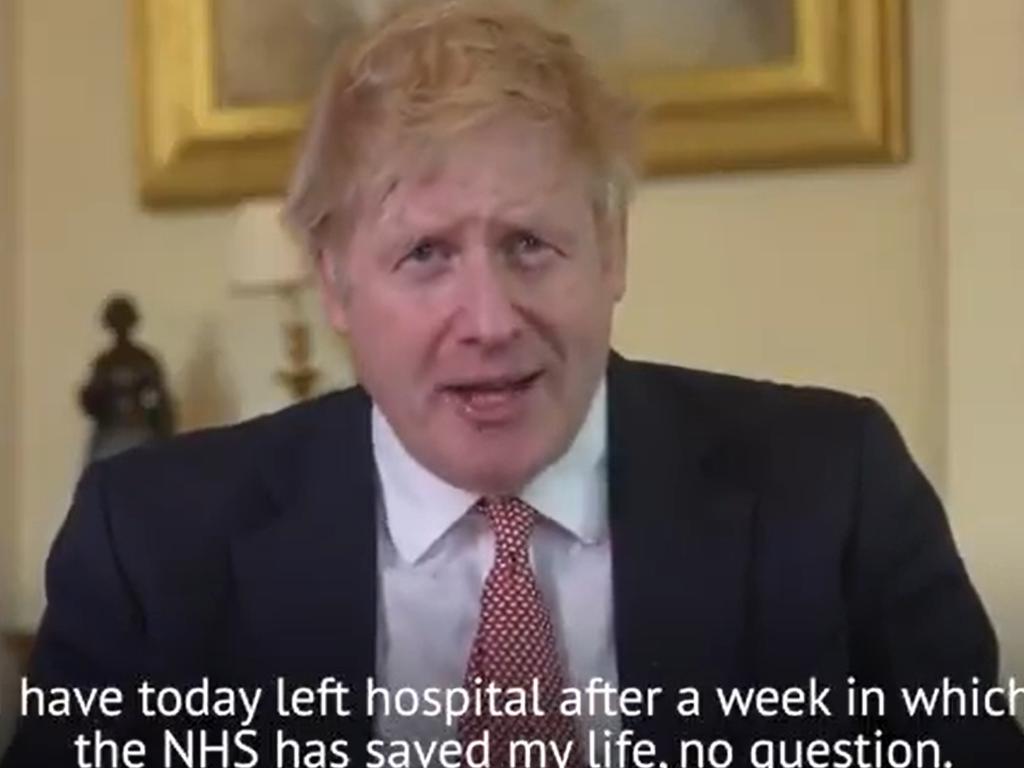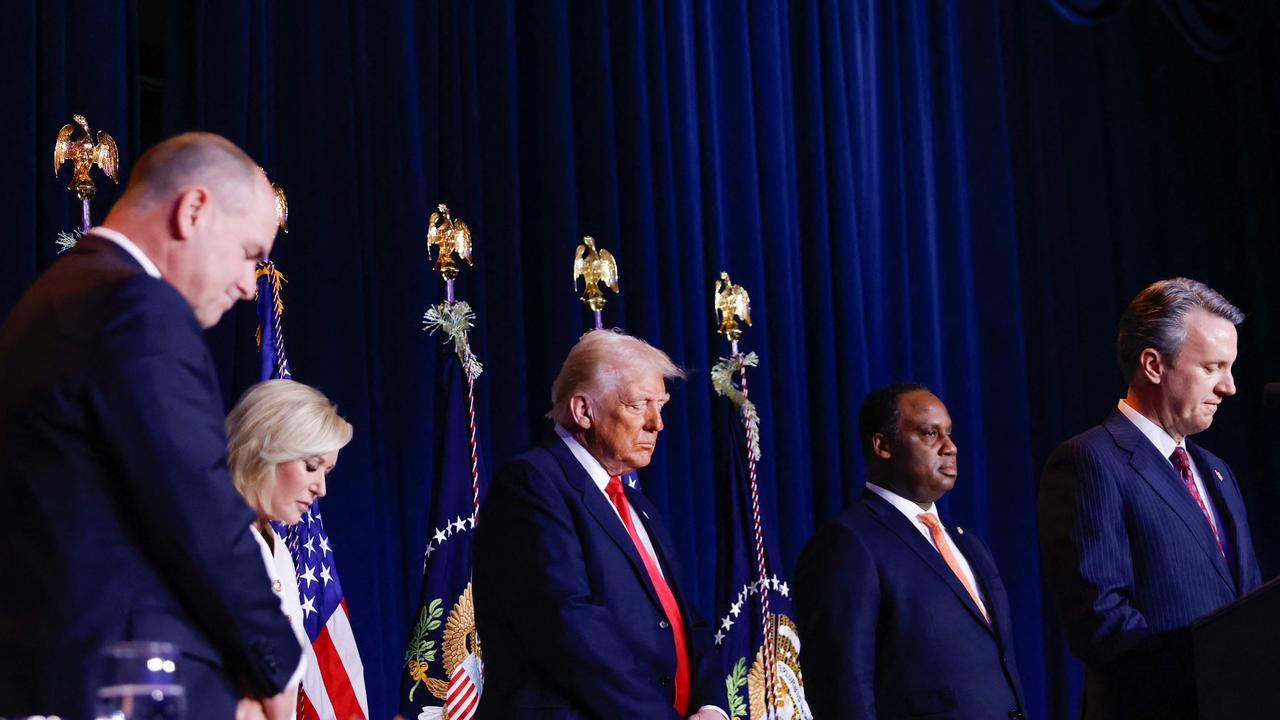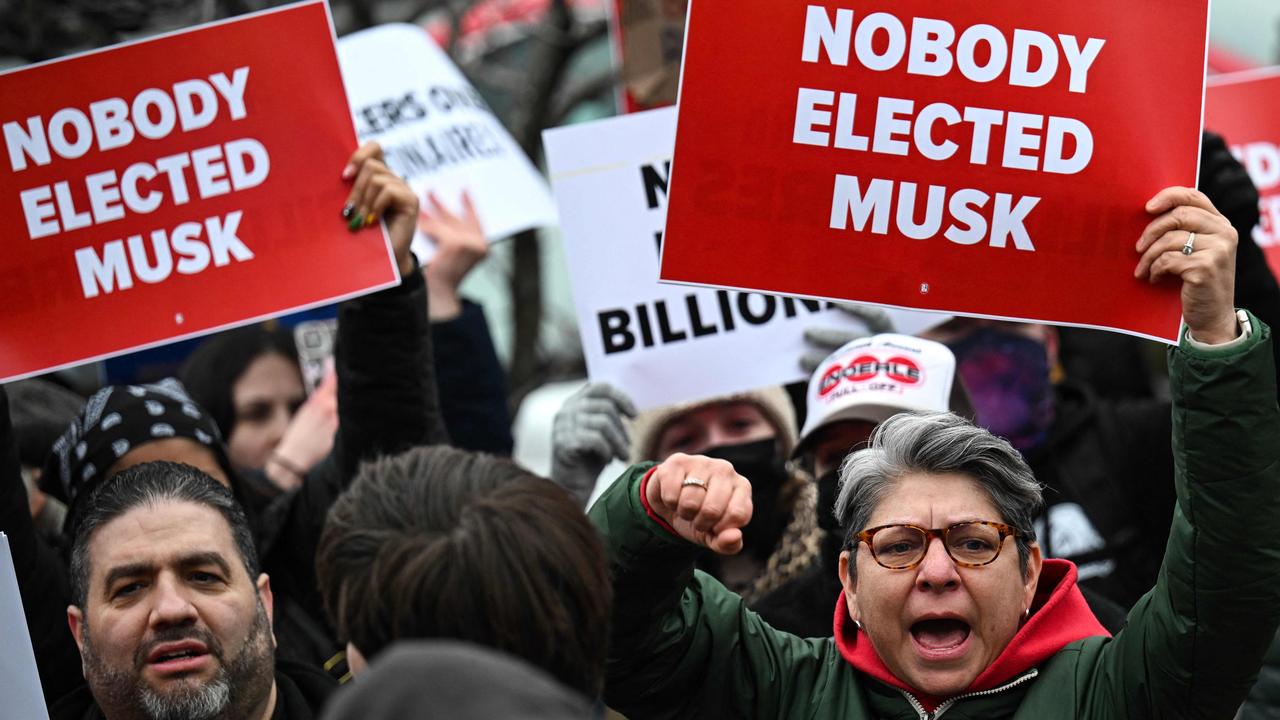Coronavirus: Boris Johnson absence ‘leaves lockdown scientists in charge’ of running Britain
As an absent PM recovers from coronavirus, there is mounting friction that scientists and doctors, not decision-makers, are in charge.
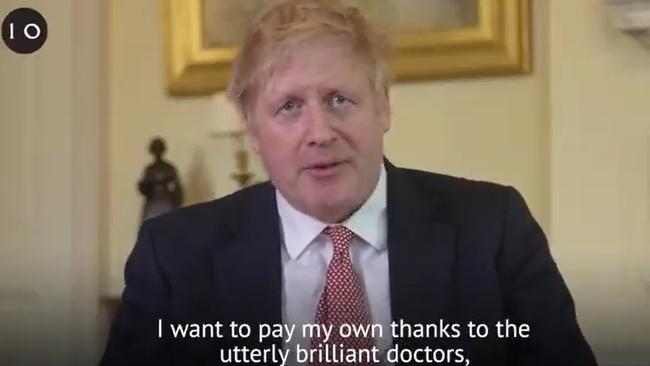
When Matt Hancock was told last week that Neil Ferguson, a key government adviser, had urged ministers to accelerate plans for the exit strategy, his response was terse: “He advises government, he’s not in government.”
In the absence of Boris Johnson, however, several of Mr Hancock’s cabinet colleagues are increasingly concerned that the scientists are effectively in charge. “Nobody is willing to take any political risk,” one minister said. “We are in a holding pattern until Boris gets back.”
Mr Johnson has taken seriously the advice of doctors that he needs to rest after spending three days in intensive care. As he recovers at Chequers with Carrie Symonds, his pregnant fiancee, Mr Johnson has largely limited himself to exchanging texts with colleagues. He is not expected back for some time.
The ‘gypsy’s warning’
Dominic Raab, the foreign secretary who is deputising for Mr Johnson, only spoke to him on Thursday.
“He’s had the ‘gypsy’s warning’,” a friend of the prime minister said. “He will have been told very clearly that he risks killing himself if he goes back to work too soon.”
Another of his friends said: “He’s talking to his dad a bit and his siblings but not many others. No one really knows how this is going to have affected him. From the evidence of that amazing tribute to the NHS you wonder if his instincts to unite will be very much to the fore but we don’t know.”
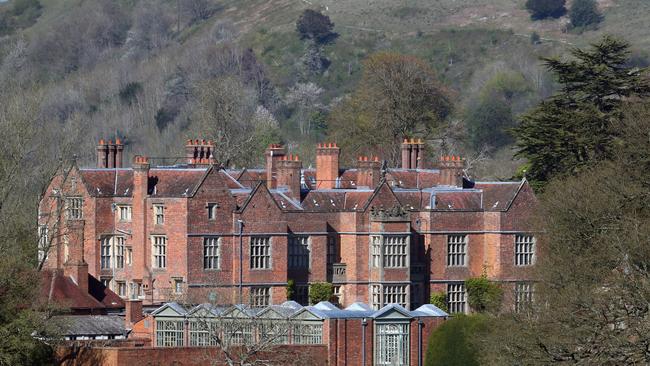
With Mr Johnson on the sidelines, there is mounting friction in cabinet over the government’s strategy after it extended the lockdown for another three weeks. Most of the cabinet, however, have little idea of when or how the restrictions will be eased.
“The centre is clearly keeping some things back,” one minister said. “The Germans have set a baseline of 4000 new infections a day and an implied death rate of about ten a day. Are we going to do that? If we are, then we need to start preparing people for that and I don’t see any evidence of that sort of thinking.”
Raab ‘not filling vacuum’
Friends suggest that Mr Raab has taken a deliberately low-key approach to the role of stand-in leader. “He is being very careful not to try to be the prime minister,” one ally said. “He doesn’t want to be seen as overstepping the mark.”
Other cabinet ministers are concerned, however, that there is a growing vacuum at the top of government. “Dominic Raab doesn’t chair the cabinet calls,” a minister said. “He acts as a convener. He is not filling the vacuum left by Boris.”
In Downing Street there is a view that Mr Raab is doing a good job. “He can be robust,” one No 10 source said. “He’s pretty laser-focused. He has challenged Hancock quite a few times on those morning calls. He seems to be working well with Gove.”
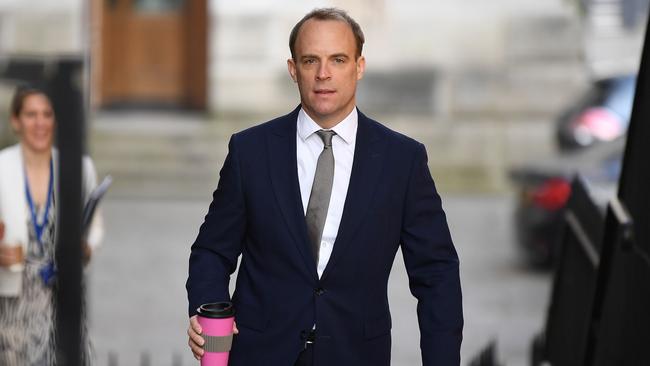
In the absence of a coherent exit strategy, there is increasing cabinet infighting. Mr Hancock is a frequent target of his colleagues, with one describing him as being “as slippery as a bar of soap”. Another has accused him of risking public trust with his target of 100,000 tests a day. “Matt is setting too many promises that are not realistic on PPE and on testing,” a cabinet minister said. “There is a risk that it erodes trust.”
There is mounting pressure also from more hawkish cabinet ministers for the government to start discussing the exit strategy in public. During the cabinet conference call on Thursday there was unanimous agreement that the lockdown should continue but little discussion about an exit strategy.
Therese Coffey, work and pensions secretary, warned of the risks of people being “cooped up” for longer and suggested people’s mental health could suffer an increasing impact.
But there was almost no dissent. “It was a rubber-stamping exercise,” a minister said. “The decision had already been made.”
Privately, many ministers are far more strident about the risks of the lockdown. The Downing Street view is that any discussion of the exit strategy risks diluting the government’s message to stay at home.
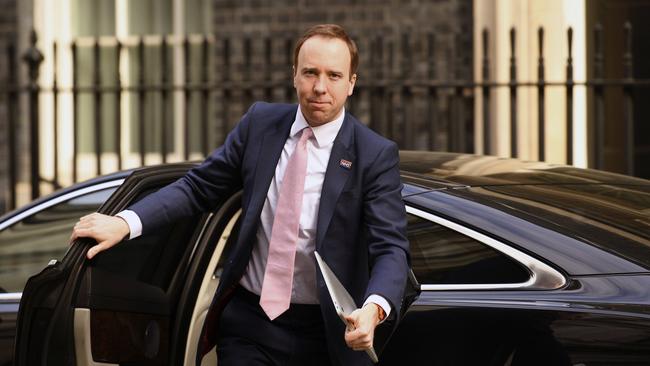
Many members of the cabinet disagree. They point out that the public levels of compliance with the lockdown are far higher than experts and No 10 ever expected. Ministers argue that the public is more than capable of continuing to respect the current restrictions while considering the exit strategy.
One minister said: “Never assume the electorate is stupid. They are highly intelligent and can digest a message as well as any cabinet minister.”
Another minister raised concerns last week that Britain risked being left behind. “My worry is that as the EU opens up its economy we are going to be left behind,” the minister said. “We will lose out to European competitors in things like car production and manufacturing.”
During the Cobra meeting on Thursday, Sadiq Khan, the Labour mayor of London, repeatedly pressed Mr Raab on the exit strategy. “We need to offer at least a few steps to show people a route out of this,” he said. Several ministers listening privately agreed with him.
‘Nicola bounced us’
Mr Raab initially said that he was going to say only that the lockdown would last until the end of the month, arguing that he did not want it to look as though the agenda was being set by the media.
Nicola Sturgeon, the first minister of Scotland, made clear that she was going to be specific and say three weeks. A government source said: “Nicola bounced us.”
One reason that there is no clear exit strategy is because the scientists cannot agree on one. Irritation is growing among the government’s scientific advisers at Professor Ferguson’s appetite for publicity.
There is a suggestion that his media appearances imbue the modelling with a sense of finality that is not justified by the scientific uncertainties.
In truth the current modelling covers such a huge range that some of those who have seen it acknowledge that we are not really sure where we are in the epidemic or what is the best route out.
While outdoor work will be the first to resume and the hospitality industry is likely to be last, there is no clear agreement on the right sequencing in between.
At some point in the next few weeks a choice looms: open up on what is necessarily incomplete data and take a risk that the epidemic restarts, or go for a long lockdown and pin the nation’s hopes on contact tracing of isolated cases.
While the politicians insist that they are guided by science, the scientists are just as eager to make clear that this is ultimately a political decision.
No 10 remains operated by a skeleton staff. “It’s still really empty but that’s starting to feel normal,” a Downing Street source said.
Another No 10 figure said that the return this week of Dominic Cummings, Mr Johnson’s most senior adviser, after time off with coronavirus, has made a difference.
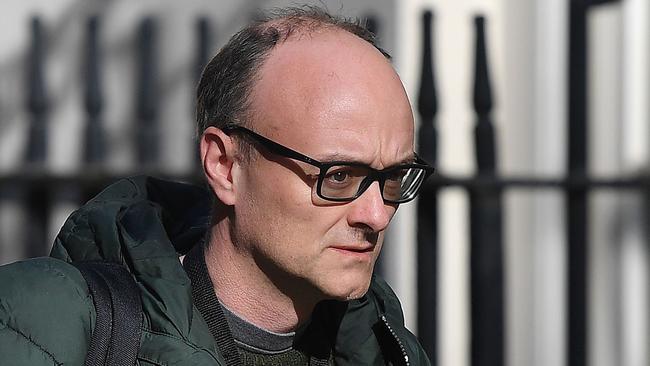
“Dominic’s back and he’s making himself felt,” the figure said. “Back to his forceful best I’d say.”
Mr Cummings played a key role in hardening the government’s line on ruling out a Brexit transition last week and linking it explicitly to coronavirus.
“There’s a view in No 10 now that we’re heading for no deal,” an ally of Mr Cummings said. “The two sides are a million miles away from each other.”
Beyond coming up with a credible science-led plan to ease the lockdown, Downing Street aides are also having to grapple with how they then sell that plan to the public.
So far in every media appearance by a minister or health official, each daily press conference has hammered home the message to stay at home, protect the NHS and save lives. Now the government must create a new message that, by its nature, must be more nuanced.
The UK will still be living with COVID-19, but the government will be asking the public to start returning to normality to protect the economy even if that means in the short term some more lives will be lost.
It will be a hard sell, not least because the government’s own internal polling and research suggests that people are scared of catching the disease and are in no rush to put themselves at risk.
One source described trying to change the message as being like a DJ trying to switch from one very different disc to another — and trying somehow to blend the musical transition.
— with Chris Smyth and Oliver Wright
The Times


